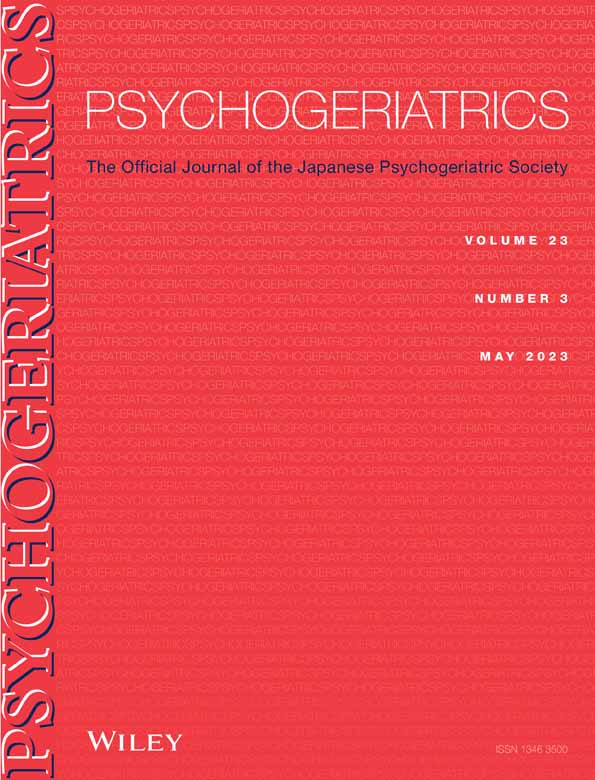A community-based cross-sectional study of anxiety and metabolic syndrome
Fen Liu and Xing Hu contributed equally to this article.
Abstract
Background
The prevalence of anxiety and other psychological disorders has increased during the COVID-19 pandemic, especially among the elderly. Anxiety and metabolic syndrome (MetS) may aggravate each other. This study further clarified the correlation between the two.
Methods
Adopting a convenience sampling method, this study investigated 162 elderly people over 65 years of age in Fangzhuang Community, Beijing. All participants provided baseline data on sex, age, lifestyle, and health status. The Hamilton Anxiety Scale (HAMA) was used to assess anxiety. Blood samples, abdominal circumference, and blood pressure were used to diagnose MetS. The elderly were divided into MetS and control groups according to the diagnosis of MetS. Differences in anxiety between the two groups were analysed and further stratified by age and gender. Multivariate logistic regression analysis was used to analyse the possible risk factors for MetS.
Results
Compared with the control group, anxiety scores of the MetS group were statistically higher (Z = 4.78, P < 0.001). There was a significant correlation between anxiety levels and MetS (r = 0.353, P < 0.001). Multivariate logistic regression revealed that anxiety (possible anxiety vs no anxiety: odds ratio [OR] = 2.982, 95% confidence interval [CI] 1.295–6.969; definite anxiety vs no anxiety: OR = 14.573, 95%CI 3.675–57.788; P < 0.001) and BMI (OR = 1.504, 95% CI 1.275–1.774; P < 0.001) were possible risk factors for MetS.
Conclusion
The elderly with MetS had higher anxiety scores. Anxiety may be a potential risk factor for MetS, which provides a new perspective on anxiety and MetS.
CONFLICT OF INTEREST
We declare there are no competing interests.
Open Research
DATA AVAILABILITY STATEMENT
The data that support the findings of this study are available from the corresponding author upon reasonable request.




